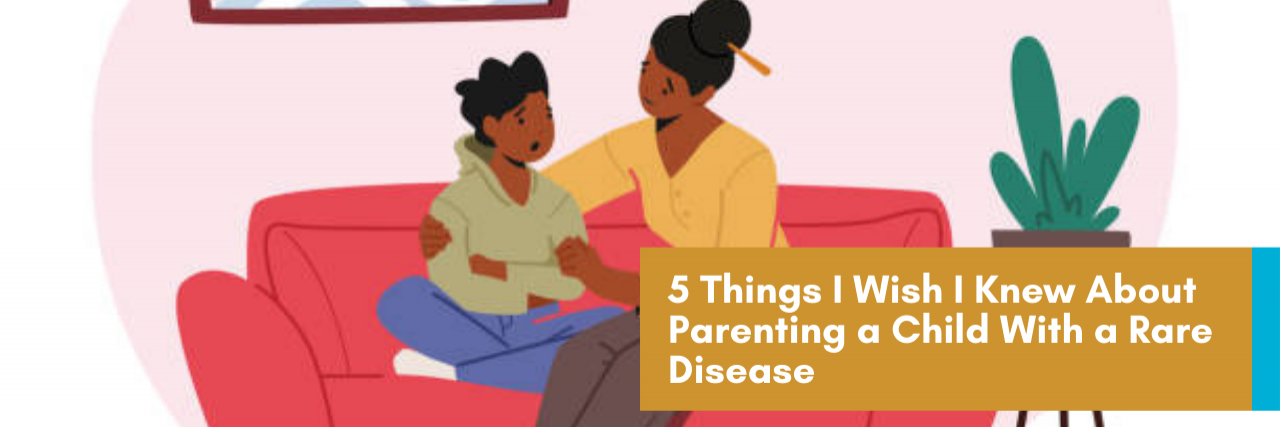Last year, I found myself emotionally and physically isolated as the primary caretaker of my son. In caring for him, I lost track of the things I should have been doing to take myself. But, through enduring this, I gained some perspective and learned some lessons about what we can expect to go through as caretakers of children with a rare disease. I now have more experience with accepting uncertainty, dealing with difficult and emotional situations, and navigating the medical system than I ever could have imagined. I have used my experience to write this list of five things I wish I had known about parenting a child with a rare disease. I hope that in some small way it can alleviate the shock of coping with a rare disease diagnosis for parents and caretakers and help prepare them for some of the things they will experience. Stay hopeful!
- You will always have more questions than answers.
I am a curious Type A personality. I thrive on facts, information, and plans. At any given time, I have contingency plans for my contingency plans. Navigating the world of rare disease is like playing Twenty Questions, except everyone’s guessing, and you’ll never win. Making peace with uncertainty, or at least attempting to, helps ease the burden of exploring the world of the unknown.
- Your child will have a care team, but you won’t.
While you get a crash course in organizing information, dates, names, diagnoses, locations, prescriptions, and paperwork, you will have a team of doctors and medical staff rallying behind your child. But you won’t have a dedicated team to help you navigate this difficult journey. You will be left in charge of your own care. Your own mental and physical health. Your own marriage and friendships. To my complete surprise, I found myself isolated, both emotionally and physically, during 2021. I was swept up in caring for my son that I lost myself, my needs, my wants. Most painfully, I failed to recognize the toll taken on my body and mind. We as parents experience trauma through the ups and downs of caring for our loved ones. For our own well-being, we must address and seek help processing this trauma. - You will somehow possess superhuman patience and strength … and still lose your cool.
In the wake of the many stressful moments you’ll encounter, people will make comments such as “I don’t know how you do it” and “I could never do all the things you do.” The absolute truth is I don’t know how I do it either. But I do. We do. All of us parents who are raising children with exceptional hurdles. I can stand firm and cross-examine the medical biller on why we are paying for a service that should be completely covered, then find myself drowning my sorrows, fears, and frustrations in a McFlurry wondering why this is my life as I wait for my son’s therapies to finish up. Learn to accept extreme emotions, you will ride them like riding waves on a jetski. - You WILL see the world differently.
For better or worse, your view of society will permanently change. You will become very aware of the flaws in assistance systems and the lack of resources. You will learn how to navigate conversations about disability, health, time, money, and freedom differently. Conversely, you will see more families like yours, and with that, a certain unspoken understanding of the difficulties others face will emerge.
- The shock of living in the zebra/rare disease world will never wear off.
Now hear me out. Yes, the pain of diagnosis day will eventually feel like an echo. However, if your child requires additional support in the form of therapies, services, medication, or devices, you’ll experience bouts of blinding rage at the glaring gaps in systems that are supposed to help. Programs that you think will cover medical needs will not, friends and family may think your child will simply outgrow their illness and/or disability, and many doctors won’t have heard of your child’s diagnosis. These abnormal experiences are all very normal in our world: the rare disease world.


